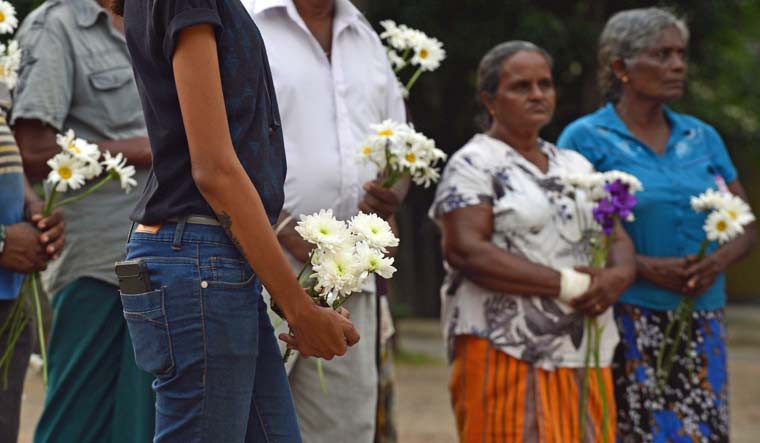The Sri Lankan government had called for a nine-day ban on social media platform including Facebook, Twitter, YouTube, Instagram and WhatsApp. This was introduced right after suicide bombers attacked three luxury hotels and three churches on April 21 killing 258 people.
Despite this, the government has been unable to contain disinformation and there has been a surge in fake news.
Anxious social media users bypassed the order and switched to virtual private networks (VPNs) or the TOR network to keep communication open with friends and family. But these were means to spread confusion and misinformation. Right after the attacks happened, there was a video on Facebook that showed police arresting a man dressed in a burqa and claiming he was involved in the bombings. But the video was actually from 2018 and the man had used a burqa to hide his identity while he sought to attack someone over a debt issue.
Another used a five-year-old photo from India cropped on social media, that showed a group of men wearing T-shirts with 'ISIS', another name for Islamic State, written on them to claim there was an active IS cell in eastern Sri Lanka.
In India, authorities have temporarily shut down mobile networks or blocked social media apps during riots. Critics have said that spread of hate speech via Facebook was crucial in facilitating a brutal 2017 military crackdown on the Rohingya Muslim minority in Myanmar.


